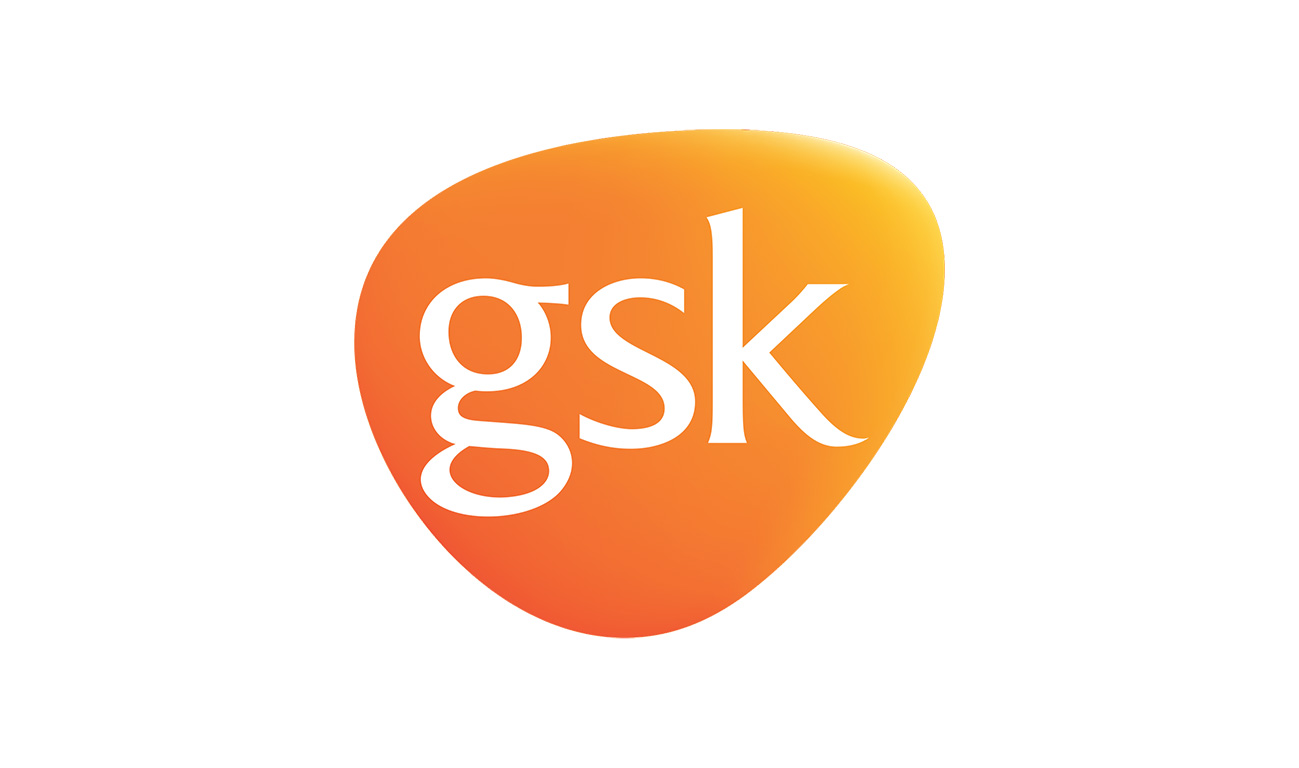Building Healthy Communities and a Healthy America

Building Healthy Communities and a Healthy America
Can you imagine a day when providers, insurance companies, patients, caregivers, government, and private companies work together with seamless collaboration to promote health? When illness is prevented, rather than just managed when a person gets sick? When everyone in America has ready access to services to help them stay healthy? When living to be 100 is a common occurrence rather than a rarity because of breakthrough medical innovations? At GSK, we believe in this vision.
This week, we launched our "Healthy Communities, Healthy America" campaign. The campaign is based around the idea that public policies that promote collaboration, access, and innovation will improve health for individuals, communities, and our country. We're working with policymakers and health stakeholders to identify and advocate for solutions that improve collaboration, emphasize access to high quality prevention and healthcare services, and promote innovation to address unmet medical needs.
Why collaboration, access, and innovation?
Implementation of the Affordable Care Act is ushering in unprecedented change into the healthcare system. In this exciting and dynamic time, it is important to identify patient-focused opportunities for a 21st century healthcare system.
In many communities, healthcare continues to be too duplicative and inefficient. According to research published in the Journal of the American Medical Association during 2012, healthcare inefficiencies cost the United States as much as $199 billion per year. Improving collaboration across all health stakeholders can not only save money, it can ensure patients receive better care.
High quality prevention and healthcare services also need to be accessible to people from every part of the country and of every economic class, especially for Americans who are either at-risk for or who have a chronic condition. Enrollment in new insurance marketplaces this fall has the potential to help improve access for millions of people. These and other market-based reforms similar to Medicare Part D could mean even better access to necessary treatments and medications, and fewer hospital admissions as indicated by recent research.
At the same time, we need to continue innovating to address unmet medical needs so that we have the treatments and medicines necessary to battle and prevent diseases like cancer, diabetes, and Alzheimer's. Innovation is important for not only the health of patients, but also the economy. For example, the Alzheimer's Association estimates that a medical breakthrough that postpones the onset of Alzheimer's by five years would cut the number affected by more than 40 percent and reduce Medicare and Medicaid spending on nursing homes and other medical care for patients with Alzheimer's by more than $100 billion in 2030.
Individually, each of these policy priorities has the potential to make a significant impact on the health of our nation's patients. Taken together, improving collaboration, access and innovation will help provide the resources and opportunities for people across America to live healthier lives.
We look forward to helping to convene an ongoing conversation about the importance of--and opportunity for--healthy communities and a healthy America.

